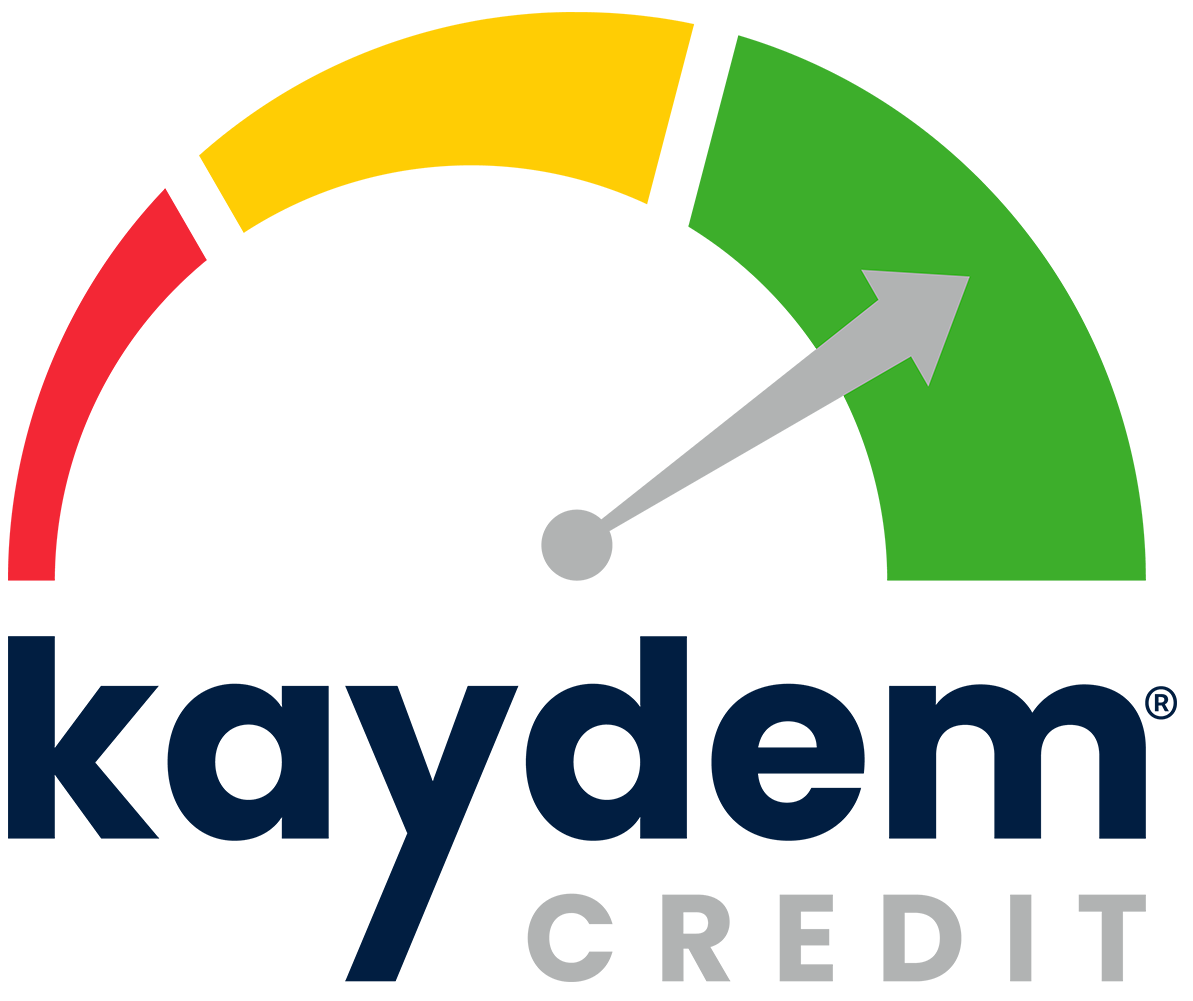Divorce can have a significant financial impact, leaving many individuals needing to repair their credit. In addition to the emotional challenges of divorce, it is common for one or both parties to experience a drop in credit score and an increase in debt due to joint accounts or inability to make payments. This article will provide an overview of repairing credit after a divorce, including assessing credit damage, establishing a budget, and building good credit. With proper guidance and resources, it is possible to restore your financial reputation and improve your overall financial health. It will take patience and discipline – but you can do it!
How divorce negatively impacts your credit scores
If your credit reports are not cleared of outdated information or if former joint accounts have not been accurately split, inaccurate data may appear in your credit report. Furthermore, newly added information could mistakenly appear on record if previous material isn’t removed.
Creditors and Debt Collectors Do Not Abide by Divorce Decrees
A divorce decree, issued by the court during a divorce proceeding, outlines the division of marital assets and debts. It also indicates which party is responsible for paying each creditor.
In divorce cases, it’s typical to have a joint auto loan where the decree determines who will keep the car and pay back the debt. However, creditors don’t regard those decrees – meaning that even if your former spouse is supposed to handle payments on their end, you can still experience a credit score drop due to nonpayment.
Joint Accounts Appear on Both Credit Reports
When you and your partner choose to open a joint account, it will be added to your credit reports with Experian, Equifax, and TransUnion. Unfortunately, even if the relationship ends in divorce, this account will remain on both of your credit reports. Lenders only care about getting their money back, so they’ll still expect both parties to pay back what was borrowed plus interest rate fees. Even if there is no longer any legal obligation between former spouses concerning that debt, its mark remains permanently on each individual’s record until paid off or closed by mutual agreement.
The repercussions of a tumultuous relationship can be tricky to navigate. If your ex-spouse makes payments and is late, both of your credit scores will drop. This late payment appears on each partner’s credit report, lowering their score. Additionally, if you share an account with them after breaking up, it increases the likelihood that they may rack up debt on this shared card – leaving you responsible for paying it off in full.
A high credit utilization rate can create severe consequences that could affect your credit scores, even if you make all payments on time. Having too many charges will sometimes hurt more than it helps you repair your credit and overall financial health.
How to repair your credit after a divorce
After a divorce, the most crucial step you can take is to assess the damage that has been done to your credit and devise a plan for moving forward. In this section, we will discuss rebuilding your credit score after divorce.
Assessing the Damage on Your Reports
The first step when repairing credit after divorce is to assess the damage. Start by obtaining copies of your credit reports from all three major bureaus – Experian, TransUnion, and Equifax.
You can get one free copy annually from AnnualCreditReport.com.
For monitoring more regularly, we recommend Fund&Grow Credit Services. With this credit monitoring subscription, you get to see monthly in-depth reports, real-time alerts of any changes to prevent fraud and identity theft, daily insights into little actions you can take to raise your credit score and how much your score will increase, and more.
Once you have copies of all three reports, review each carefully, looking for any errors or inaccuracies contributing to a low credit score. In addition, evaluate the existing credit accounts and debts associated with them to get a complete picture of the damage level.
It is essential to take stock of all joint accounts and outstanding balances so you can devise a plan to pay debts off completely or transfer them separately if needed. Doing this upfront allows you to gain clarity on the current state of your credit and begin to take steps toward a healthier financial future.
Establish a Budget
Once the full extent of damage has been determined, the next step is establishing a budget. Working out how much money is coming in each month and setting spending limits will help you stay on track with payments and ultimately avoid financial hardship.
Make a plan for paying off existing debt, prioritizing what needs to be paid first and how much can be managed each month. It may also be beneficial to seek help from family or friends if additional funds are needed to cover expenses or pay down debts.
If the situation is particularly dire, you can consult financial advisors or other professionals to provide guidance.
Rebuilding Your Credit
Next, you will want to focus on rebuilding your credit. This may include opening a secured credit card account and using it responsibly by making payments on time and in full each month. If possible, try to find loans that offer competitively low-interest rates or take advantage of balance transfer options when available. These are all helpful strategies for improving your credit score, but it is essential to remember that these things take time.
Repairing your credit after a divorce can be daunting, and it may seem impossible to recover from the damage that has been done. If you need help to improve your credit after a divorce, a professional credit repair company, such as Kaydem Credit, can help.
With a free consultation, Kaydem Credit will let you know how they can help you get back on track, so it’s one less thing you must worry about while going through this massive life event. Click here to schedule your free consultation. With the right plan, patience, and dedication, you will find it possible to get back on track and have a healthy financial life again.







